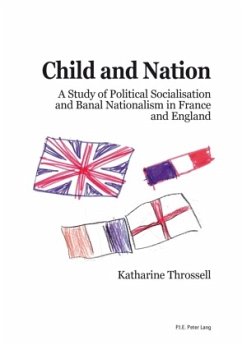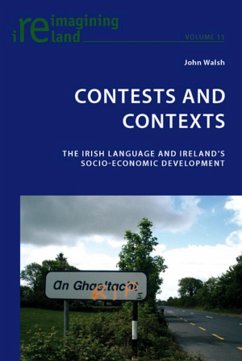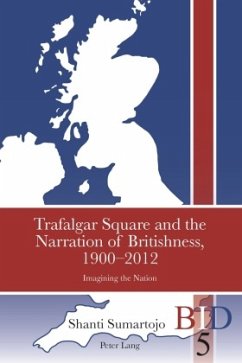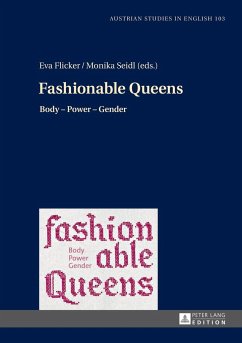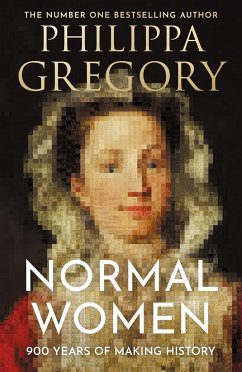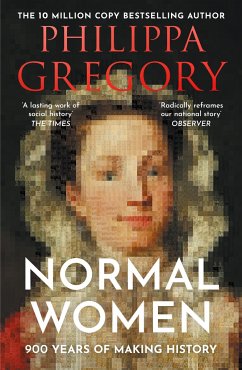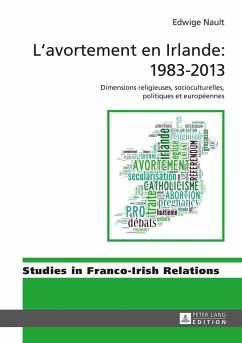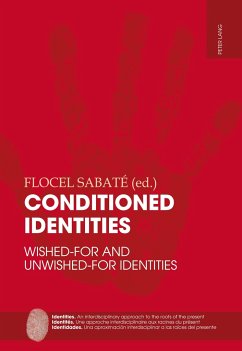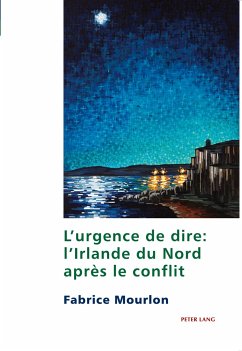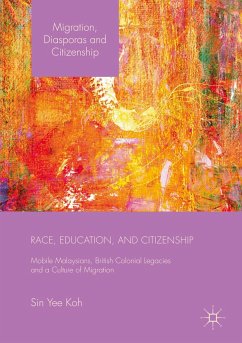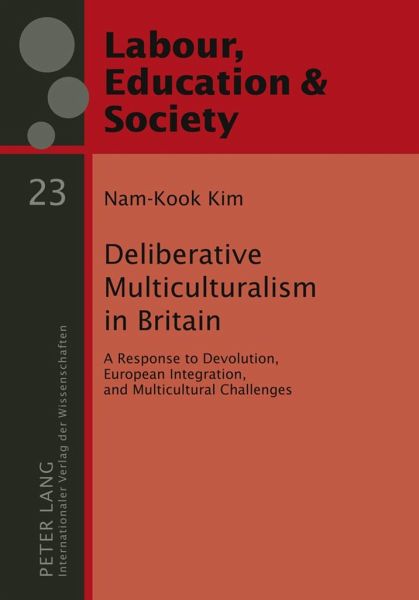
Deliberative Multiculturalism in Britain
A Response to Devolution, European Integration, and Multicultural Challenges
Versandkostenfrei!
Versandfertig in 6-10 Tagen
50,70 €
inkl. MwSt.

PAYBACK Punkte
0 °P sammeln!
This book addresses the question of cultural pluralism and its implications for citizenship and national identity in post-war Britain. The author examines the role of underlying public philosophies reflected in laws, policies, and institutional arrangements. When a political community faces challenges of diversity, people explore new principles of social formation, that is, what kind of society they desire based on which methods of maintaining peace and cooperation. In other words, citizens of a political community try to forge a new social contract which is fair to social majorities as well a...
This book addresses the question of cultural pluralism and its implications for citizenship and national identity in post-war Britain. The author examines the role of underlying public philosophies reflected in laws, policies, and institutional arrangements. When a political community faces challenges of diversity, people explore new principles of social formation, that is, what kind of society they desire based on which methods of maintaining peace and cooperation. In other words, citizens of a political community try to forge a new social contract which is fair to social majorities as well as minorities. Such a contract includes rights and obligations on three levels: the range of state intervention, acceptable responsibility of society, and due liberty of the individual. This book explores Britain's approach to responding to such challenges of diversity as devolution, European integration, and multiculturalism have deepened. The author interprets Britain's principles under thename of deliberative multiculturalism, which consists of rational dialogue and mutual respect with firmly guaranteed political rights.



